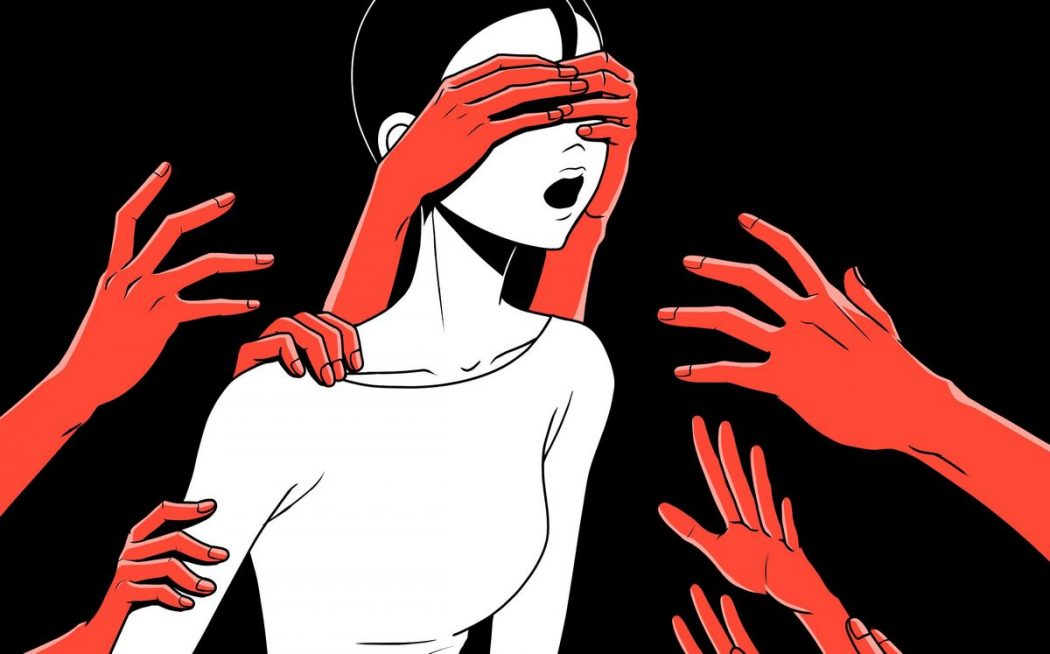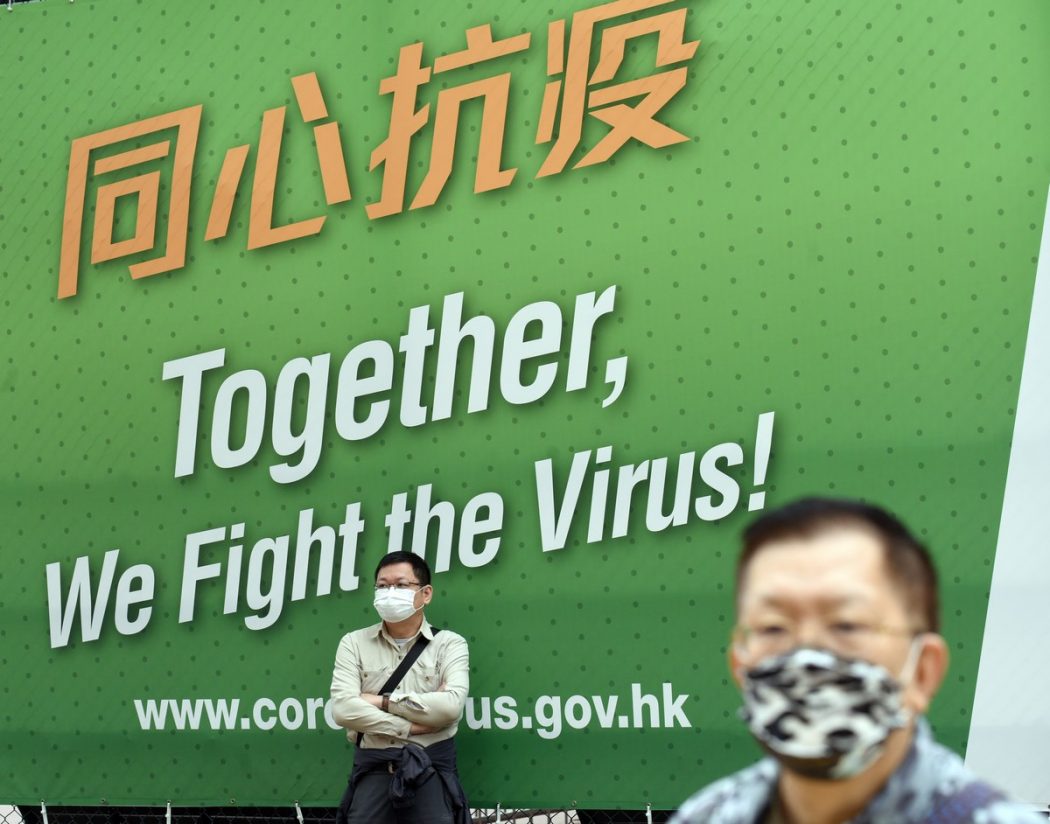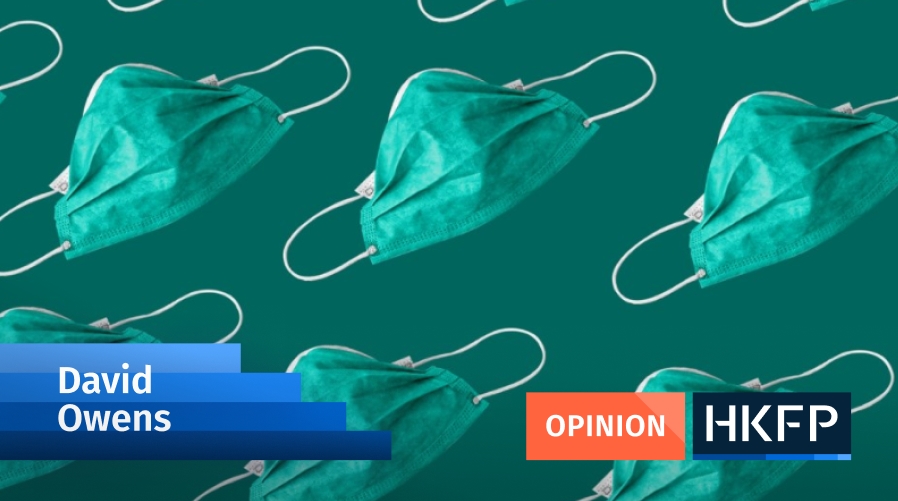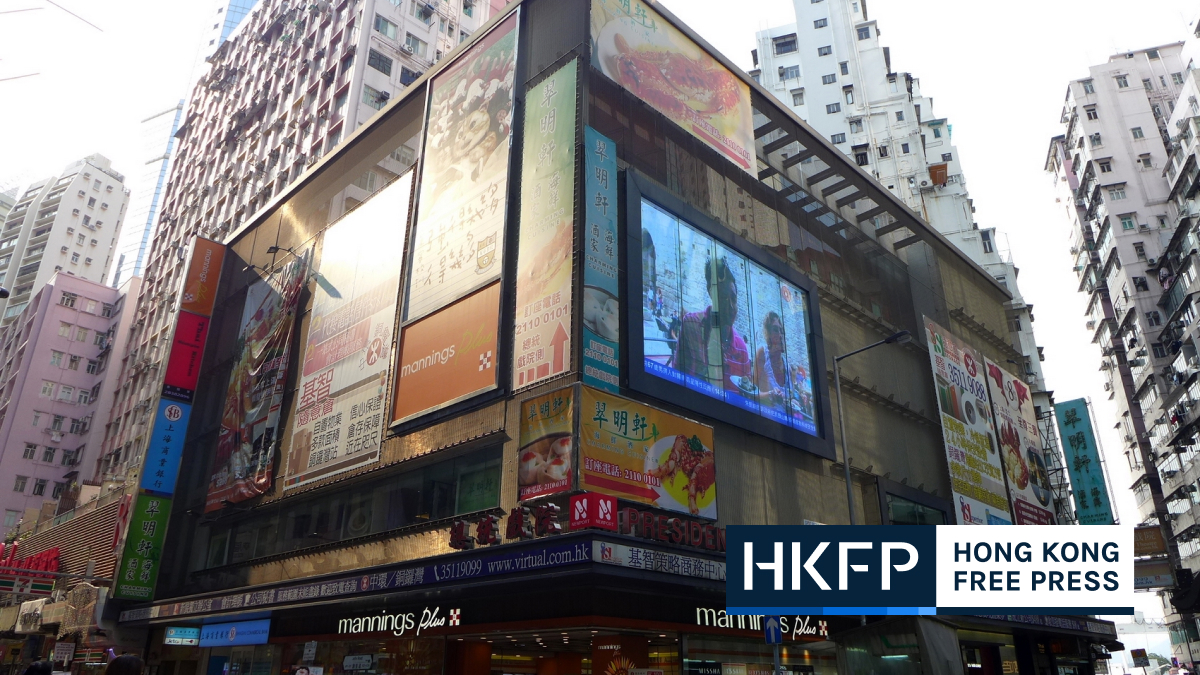Amidst global uncertainty and instability, conspiracy theories, misinformation, and disinformation have become wildly common during the pandemic. While some people believe that Covid-19 is a hoax, others believe in unproven “miracle cures.”
When false claims and theories about the pandemic circulate and gain traction on social media, they can endanger public health, jeopardising public efforts to control the virus. The popularity of unchecked conspiracy theories rises when people find their government untrustworthy.

Distrust of the government is compounded when oppressive state regimes weaponise public health policies to stifle dissent. Hence, rather than placing most of the blame on individuals who circulate and believe in false claims about the pandemic, we ought to hold state regimes accountable for imposing draconian policies under the guise of pandemic control.
By using public health policies as a political weapon to criminalise dissent, these governments have created an atmosphere of distrust. This in turn breeds conspiratorial thinking and the spread of mis-and-disinformation.
Having experienced SARS, most Hongkongers have not fallen prey to anti-mask misinformation or conspiracy theories that claimed the pandemic was not real. As social movement researcher Zeynep Tufekci observes, the year of protests has helped Hongkongers develop the ability to decipher the legitimacy and truthfulness of the information they receive on social media and Telegram, a popular messaging app.
However, after China decided to send in a team of medical personnel to carry out mass testing in Hong Kong, rumours began to spread on social media that this team would be collecting DNA samples from Hongkongers for state surveillance purposes. The Hong Kong government denied this claim, and thus far, there is little concrete evidence to support it.

Hongkongers, who believe the rumour and remain sceptical of the medical team, cited precedents in Xinjiang: in 2016 to 2017, the Chinese government collected DNA samples from Uighurs during free health checks, which were then used to strengthen the state’s system of surveillance and control.
Hongkongers’ scepticism and their eagerness to believe in this conspiracy theory, in other words, is rooted in their distrust of an authoritarian state regime that has repeatedly denied well-founded allegations of human rights violations and political suppression.
While conspiracy theories are particularly alluring during a pandemic because they are “psychologically comforting” to people who are grappling with uncertainty, this example in Hong Kong illustrates that people’s understandable and sometimes justified distrust of state authorities also fuels the spread of conspiracy theories.

When authoritarian governments weaponise pandemic control against dissenting citizens, the public must question whether the pandemic policies are in place to safeguard public health, or to protect the regime’s own power. Distrust of state authorities, including public health departments, prompts people to look for alternative explanations and ways to make sense of the world.
Research shows that people who feel powerless and lacking control are more likely to believe in conspiracy theories. By taking away people’s political freedom and agency, suppressive governments create an environment that renders their citizenry more vulnerable to disinformation.
Hence, in order to stop disinformation campaigns and conspiratorial thinking from derailing proper public health measures, we must continue to call out the ways in which governments make use of pandemic policies to suppress political freedom.

The conspiracy theory about DNA collection in Hong Kong came after the postponement of the Legislative Council election, which was meant to take place in September. Citing concerns over public health and safety, Chief Executive Carrie Lam announced that the legislative election would be delayed for a year.
While Lam claimed that her decision was not politically motivated, pro-democracy activists and candidates believe otherwise. An analysis performed by Dr Catrina Ko from Hong Kong Global Connect further reveals that there is no statistically sound reason behind Lam’s decision to postpone the election for a year under the pretext of Covid-19.
The Hong Kong government is not alone in using pandemic control to push back an election that would likely challenge the status quo. In mid-July, citing rising Covid-19 cases in the country, the Bolivian government decided to postpone the upcoming presidential election for the third time. The current regime has been accused of various human rights violations.
While the number of Covid-19 cases was indeed rising rapidly in Bolivia and was expected to peak around the time of the election, public distrust and resentment towards the current regime prompted Bolivians to question the government’s decision. The postponement triggered protests among worker unions and Indigenous people, who in turn were criminalised by the government as endangering public health.
Echoing the sentiments among many disgruntled Hongkongers, a labour activist in Bolivia claimed: “The problem in the country is not coronavirus, the problem is this incapable government that has not paid attention [to the pandemic] in a timely manner.”
The parallel between Hong Kong and Bolivia highlights that when a government has repeatedly inflicted harm on its people to suppress dissent, the public rightfully becomes mistrustful of all its policies, including those pertaining to the pandemic.
In March, human rights experts from the United Nations opined: “[E]mergency declarations based on the Covid-19 outbreak… should not function as a cover for repressive action under the guise of protecting health. Nor should it be used to silence the work of human rights defenders.” We have since seen the Hong Kong government, alongside several other authoritarian regimes, mobilise pandemic control to criminalise protesting.
Back in Asia, activists in the Philippines and Thailand have also experienced state suppression and prosecution under the guise of pandemic control.
Around the time when Beijing imposed the national security law in Hong Kong, the Duterte administration in the Philippines signed into law a counterterrorism bill that would allow the government to prosecute anyone the regime deems threatening. Protesters who challenged the bill were arrested and charged under the Law on Reporting of Communicable Diseases.

Similarly, in Thailand, the government has used social distancing policies and pandemic restrictions to curtail youth-led pro-democracy protests. Hongkongers are no strangers either to the police using social distancing policy to harass protesters and justify arrests, even when the number of Covid-19 cases in the city was relatively low.
These precedents, and the Hong Kong government’s rampant suppression of dissent since the passage of the national security law, both sow doubt in the public’s mind about the government’s agenda with its latest pandemic control policy.
Often, mainstream media and state governments blame “bad actors” for promulgating conspiracy theories, and individuals for believing and spreading misinformation about the pandemic.
This interpretation eclipses the role oppressive state governments play in creating public distrust of authorities. When citizens cannot safely trust their government’s pandemic control policy, they become more susceptible to mis-and-disinformation.
To fully combat disinformation and conspiracy theories that threaten efforts to contain the virus, we need to enhance public information literacy. But more importantly, we need to hold state regimes accountable for weaponising Covid-19 policies to take away people’s political power and agency when they are already vulnerable during the pandemic.
Support HKFP | Policies & Ethics | Error/typo? | Contact Us | Newsletter | Transparency & Annual Report | Apps
Help safeguard press freedom & keep HKFP free for all readers by supporting our team















